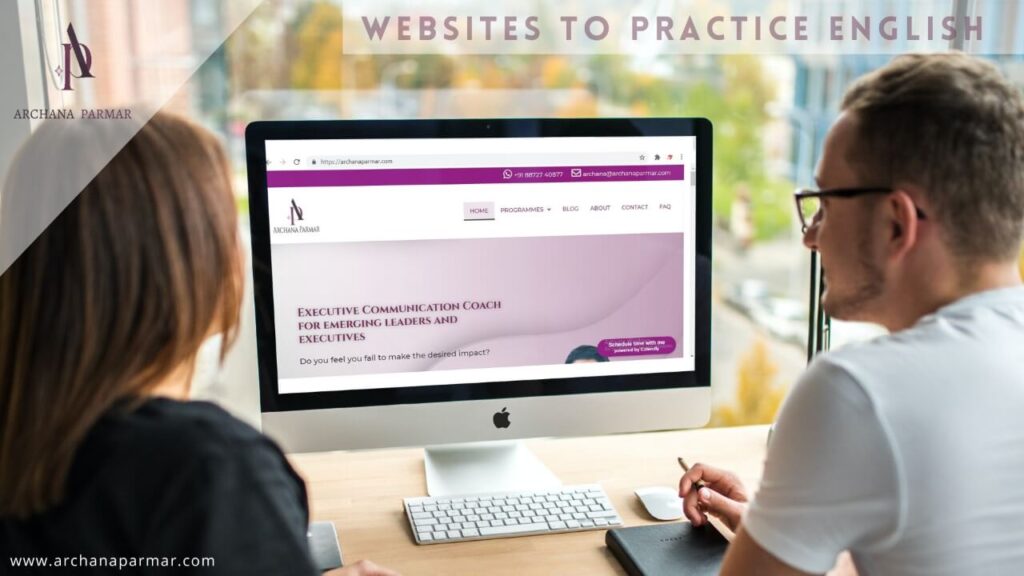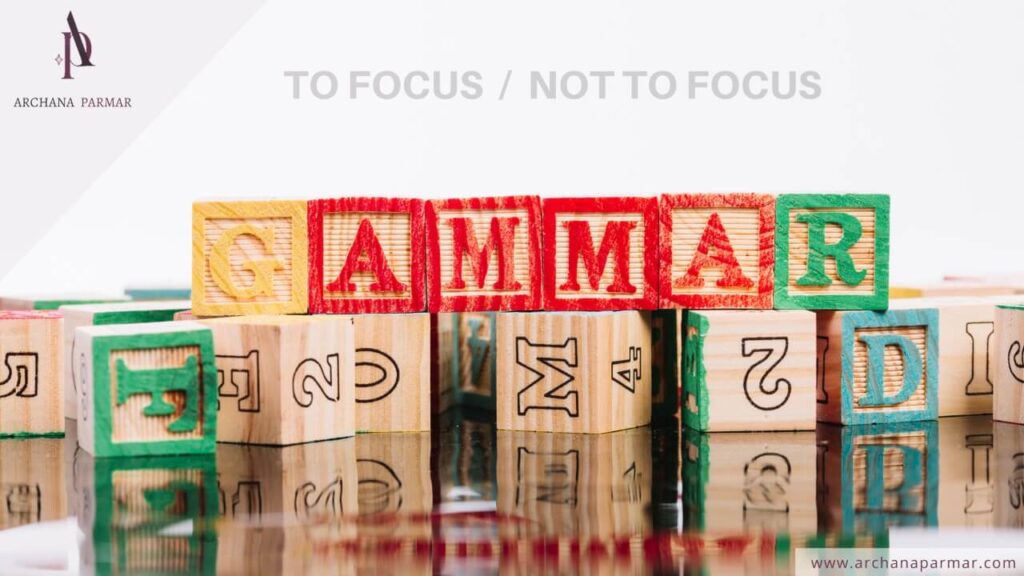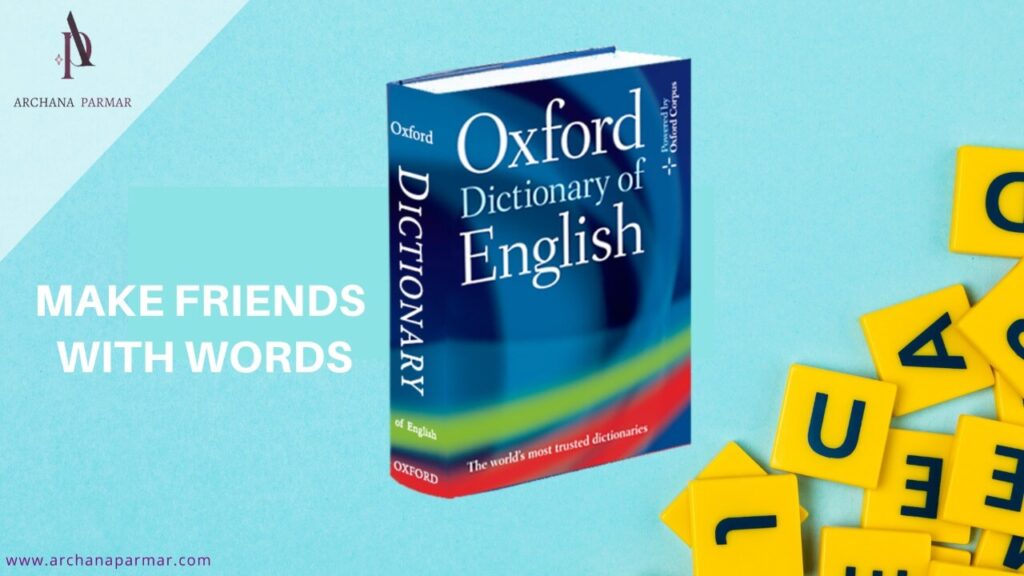How to structure your business emails?
What are some ways that compelling emails can help you to be more productive? Simple: choosing the correct words to communicate will persuade people to respond to your emails. You will obtain the result you’re looking for more accurately and faster, and you’ll save a great deal of time. If you want to improve your business emails and make your business writing more impactful, you’ve come to the right place. What you write and how you write will have an impact on how people see you & your firm, whether you’re communicating with business clients or coworkers, managers or subordinates. Not only that, but your writing could mean the difference between a stalled project and a completed one. Always ensure that your email has a clear and logical structure, regardless of the topic, purpose, or receiver. Include all of the following components in your business emails for optimum effectiveness: introduction + details + action + closing. INTRODUCTION Begin by addressing the receiver as “Dear Name.” The most prevalent ones in today’s corporate sector, from more formal to less formal, are “Hello Name” or “Hi Name.” Introduce yourself by email. Begin with a cheerful and friendly tone, including some basic background information, the main reason for your letter (explain them what’s going on right away), and a brief summary of the following steps. Example: Hello Lata Michael has asked me to send you an email to confirm that I will be able to come to New Delhi in September to conduct a product training course with your IT staff. I’m available any time throughout the first two weeks of the month. DETAILS Do they require any other information or background? If that’s the case, you’ll want to mention it in this section. Short paragraphs should be used to break up your email (no longer than 4 or 5 lines each). Bullet points assist in organising your thoughts, also the material will appear clearer to the reader, be more visually appealing, & be easier to scan. Here’s a rough estimate of the costs: • Fee for a trainer: INR 9000 per day (this will probably be a two-day course) • The cost of a flight is roughly INR 4000. • The cost of a night’s stay is approximately INR 3000. ACTION What’s the next logical step? Tell them exactly what they need to accomplish (agree on meeting schedule, approve the budget, or proofread a document, for example). Let them know if they don’t need to do anything after receiving your email. Kindly let us know whether you can manage these fees. I’ll arrange flights and make hotel reservations once I receive your confirmation. We can save costs if we book weeks in advance. CLOSING Always (always) say thank you if they have to do something. Before signing, you can say “Have a wonderful day” or “All the best.” Thank you for your support, and please do not hesitate to contact me if you have any concerns concerning this training course. Have a wonderful day, Archana Note: You want people to read […]




